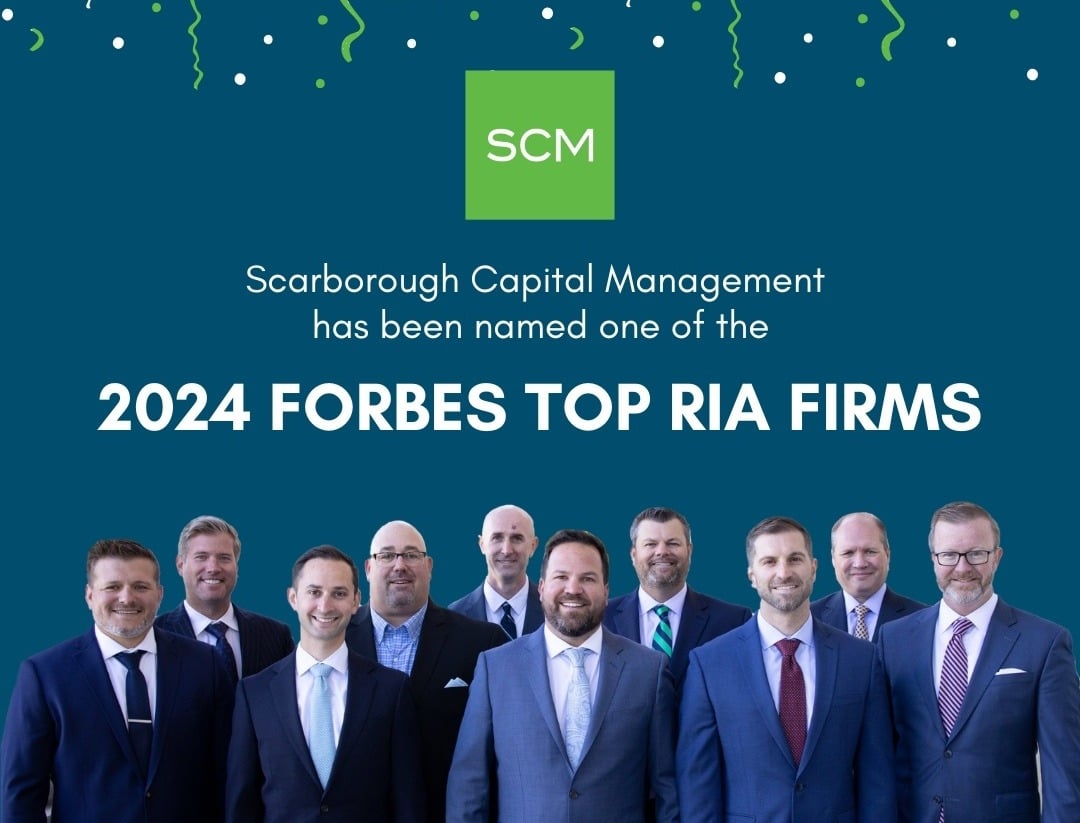

by Jonathan W. Szostek
What Retirement Might Look Like for Millennials
It may seem like the sky is falling for Millennials. Not only have individuals from the segment of the population born between approximately 1980 and 2000 had to endure the economic effects of the Great Recession with poor job prospects and lower wages, some also have mountains of student loan debt to deal with. On top of that, pension plans their parents’ and grandparents’ generations had are going away, leaving them to fend for themselves in retirement.
There’s no question that for some, retirement will look different than receiving a gold watch and set of golf clubs on your way out the office door at 62 years old. Some have wondered if they’ll be able to even retire at all.
Fighting this idea, however, certain Millennials have shifted the notion of what it means to be retired and are focused on living out their dreams, some sooner than you may think. There’s no longer just one way to retire.
Retirement Options
Full retirement is certainly still a choice, but what may be equally as likely are Millennials opting for partial retirement in their later years, and subsequently changing the idea of what retirement could look and feel like.
This generation, maybe more than any other in recent history, values their work in terms of enjoyment and fulfillment, not just a paycheck. Those who find their work rewarding don’t feel like they “have to go to work,” but rather they’re doing something that makes a positive impact on their lives and the lives of others.
Examples may include freelance writing or graphic design for the more creative, or handiwork for those more skilled with carpentry. Teaching a course at a community college could be a fun way to stay engaged on a topic you like to be involved with as well. And platforms like Etsy have made it possible to earn an income from craft work such as knitting and jewelry making.
While you’d still be working, you would have more flexibility to take some time off and even have the possibility to work from remote locations or during vacations. The benefit to this is you may not have to save as much for retirement, as you’ll still have an income stream. The flip side of this though is you’ll obviously need to continue working in retirement if that’s the savings plan you’ve previously established.
Then there’s early partial retirement. With this concept, individuals scale back the amount of time they work and begin to do more of what they love now before the typical retirement age. While this isn’t easy (and may even sound a bit unrealistic to some), it can be done with planning, budgeting, and a reduction in expenses.
It also takes job flexibility. Since you probably couldn’t walk into your boss’ office and get a request to work less and be paid more, you would have to look to various types of freelancing or project work. You’d also have to be really good at what you’re doing to command a higher hourly or project rate.
But if you are able to pull it off, it allows time for travel, family, and any other activity you’d like to pursue while you’re younger. The parents of Millennials waited 40 or 50 years to fully retire, and this group doesn’t want to wait that long.
The last retirement option is early full retirement. Before you laugh at this idea, know that there are people employing this strategy who did not make seven figures during their working years. These individuals are finding they’re comfortable with fewer expenses and a simpler lifestyle if it allows them to enjoy their lives more.
In fact, there are resources and discussion groups available to help you embark on this plan if you so choose. Two of the more renowned are Early Retirement Extreme by Jacob Lund Fisker, and Mr. Money Mustache by Peter Adeney. In one post1 on his site, Adeney breaks down various savings rates and how much longer you’d need to work for each scenario. He presents a very visual and logical case of how to retire early.
The bottom line with this strategy is not so much about making more but spending less - much less - all the while saving at a much higher rate than normal.
Talk with a financial advisor. Contact Scarborough Capital Management to see how we can help.
How do you do this?
First, regardless of what work and retirement options you choose, you should have a plan. Those who have a plan often fare far better than those without, and by “having a plan,” I don’t just mean having a 401(k) at work, or a high-interest savings account.
Next, once you’ve set your goals and your plan, create and follow a budget. Asking and answering questions about where you’ll live, if you’ll own a home or rent, and what types of insurance you’ll have are a good start to building out your budget. Be sure to allocate funds for unforeseen expenses or trips too. You may have other priorities that arise, such as charity work or caring for a loved one.
Also, you’ll probably want to go into this with the mindset that Social Security should not be your main source of retirement income. Diversify your investments, and allocate funds for non-negotiables like health insurance as well.
In terms of investments, for those who are currently in a position where your employer has a 401(k) plan with a match, make sure you’re getting the match. For those who are already out on their own, setting up an IRA is easy to do and worth it. You won’t get the match, but you’ll get tax-advantaged growth one way or another with either a traditional or Roth option.
The main takeaway here is there’s no one “right” approach for retirement. We no longer have to work at one company for 40 or more years in order to enjoy our golden years (or even before).
And while this gives us more flexibility, it also adds responsibility. Invest consistently, don’t try to time the markets, diversify into a broad range of investments, and assess your risk tolerance with a CERTIFIED FINANCIAL PLANNER™. You may be on the road to retirement sooner than you think.
Resources
- MMM: http://www.mrmoneymustache.com/2012/01/13/the-shockingly-simple-math-behind-early-retirement/
The Early Retirement Extreme book authored by Jacob Lund Fisker, Mr. Money Mustache blog and website authored by Peter Adeney, are unaffiliated with Scarborough Capital Management, and IFG.
Opinions, estimates, forecasts, and statements of financial market trends that are based on current market conditions constitute our judgment and are subject to change without notice.
This material is for information purposes only and is not intended as an offer or solicitation with respect to the purchase or sale of any security.
Investing involves risk including the potential loss of principal. No investment strategy can guarantee a profit or protect against loss in periods of declining values. Past performance does not guarantee future results. Diversification and asset allocation do not guarantee positive results. Loss, including loss of principal, may result.







